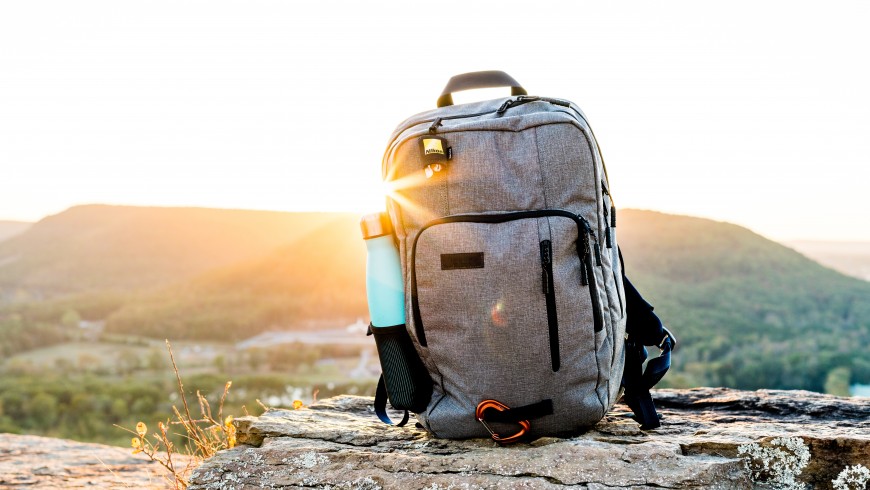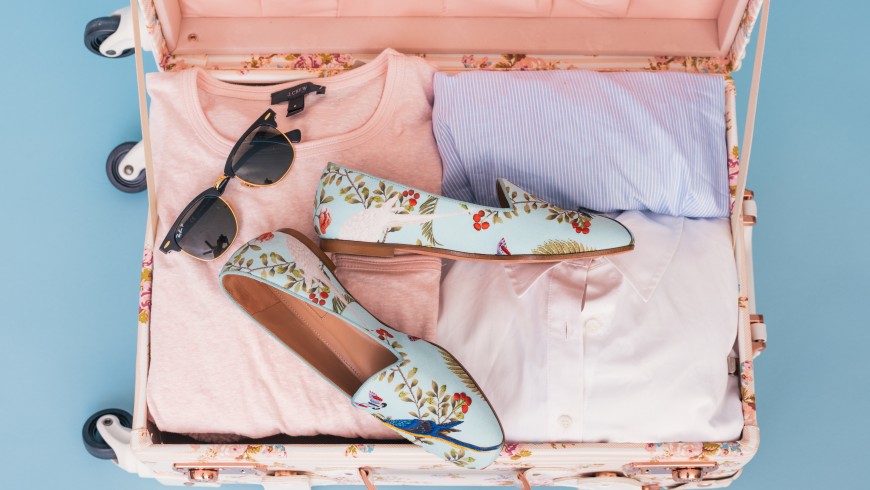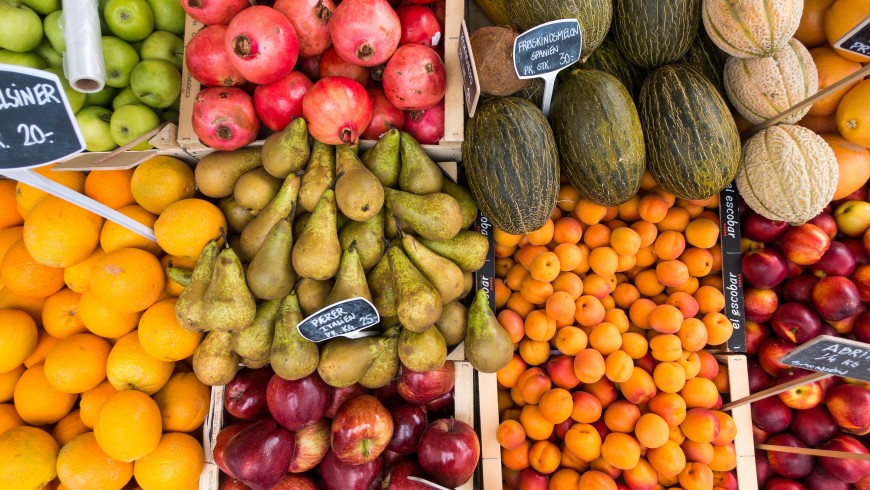From the backpack, to the clothes, from the toiletries to the Food and Water. Let’s discover what to consider when packing for sustainable travel.
At some point, everyone dreams of picking up and going off to somewhere tropical and hot, or somewhere exciting that we’ve never been before. Traveling the world has been a dream since time immemorial, but in today’s world, it is depressing to note that the travel industry can have a devastating effect on local and global environments. Thankfully, many group travel providers are beginning to recognize this and urge their clients to take away only what they bring with them and leave nothing behind. But more often than not, it is down to us as individuals to ensure that we are traveling in the most sustainable way we can.
1. Bag: things to consider when packing for sustainable travel

Your first consideration when planning an ecologically friendly trip should be your backpack. Naturally, you’ll want to get hold of a backpack which is fitted to your needs. If you are only planning a short trek, there’ll be no need to get a massive 70-liter bag. But you should always ensure that it has enough room to take away things you take with you, especially if you are planning a shopping trip.
“As with many things to do with travel, it’s a good idea to pay a little more to ensure that your bag is durable and can be used for more than one trip,” writes Barbara M Ellen, author at Researchpapersuk and Last Minute Writing, “Though it may be costly in the short-term, in the long term it will not only save you money but also reduce your environmental impact.”
2. Clothes

Sadly, many clothing brands continue to use polyester and other plastic derivatives in their products. It is important to get the right clothes for the right season, and you will always be advised to ensure you bring a lightweight rainproof. But you should look at the brand carefully as many brands use a toxic, plastic derivative to waterproof their jackets.
If you are planning on traveling for a little longer, ensure that you don’t overdo it with how many clothes you pack. There are some excellent eco-friendly soaps which you can clean your clothes with as you go on, but do be aware that repeated hand washes can destroy flimsy or substandard clothing.
3. Toiletries

A big consideration in packing for travel are the toiletries you might pack. Often, especially for first-time travelers, these will take up a huge portion of your luggage, and yet often contain some of the most ecologically disastrous products.
Take for instance the humble toothbrush. “Millions upon millions of these are discarded every year, with dentists often recommending a toothbrush is replaced every six months,” says Pete McCoy, a regular contributor at Draftbeyond and Writinity, “Thankfully, there is an emerging market of eco-friendly bamboo based toothbrushes, which will biodegrade once discarded.”
Obviously, there are places you’ll want to visit that require high factor sun protection. But some of the best brand sun creams are high in ecologically damaging chemicals. Increasingly, though, there are organic sun creams available that will offer the same amount of protection with less environmental impact.
Another factor to consider is ladies sanitary products. Though necessary, the plastic involved in the manufacture of tampons and sanitary pads can have a lasting effect on the habitats you visit. Not all countries have the infrastructure to dispose of these sustainably. But there are a few products available, such as cups or environmentally friendly tampons can lessen the environmental impact you make.
4. Food and water

Wherever possible, when traveling you should buy local food from local sellers. The supply chain to bigger chain stores you find when traveling can have a destructive effect on both the local environment and the local economy. It is worth packing a few stainless steel containers and filtered water carriers.
Cover image: Photo by Le Tan via Unsplash
